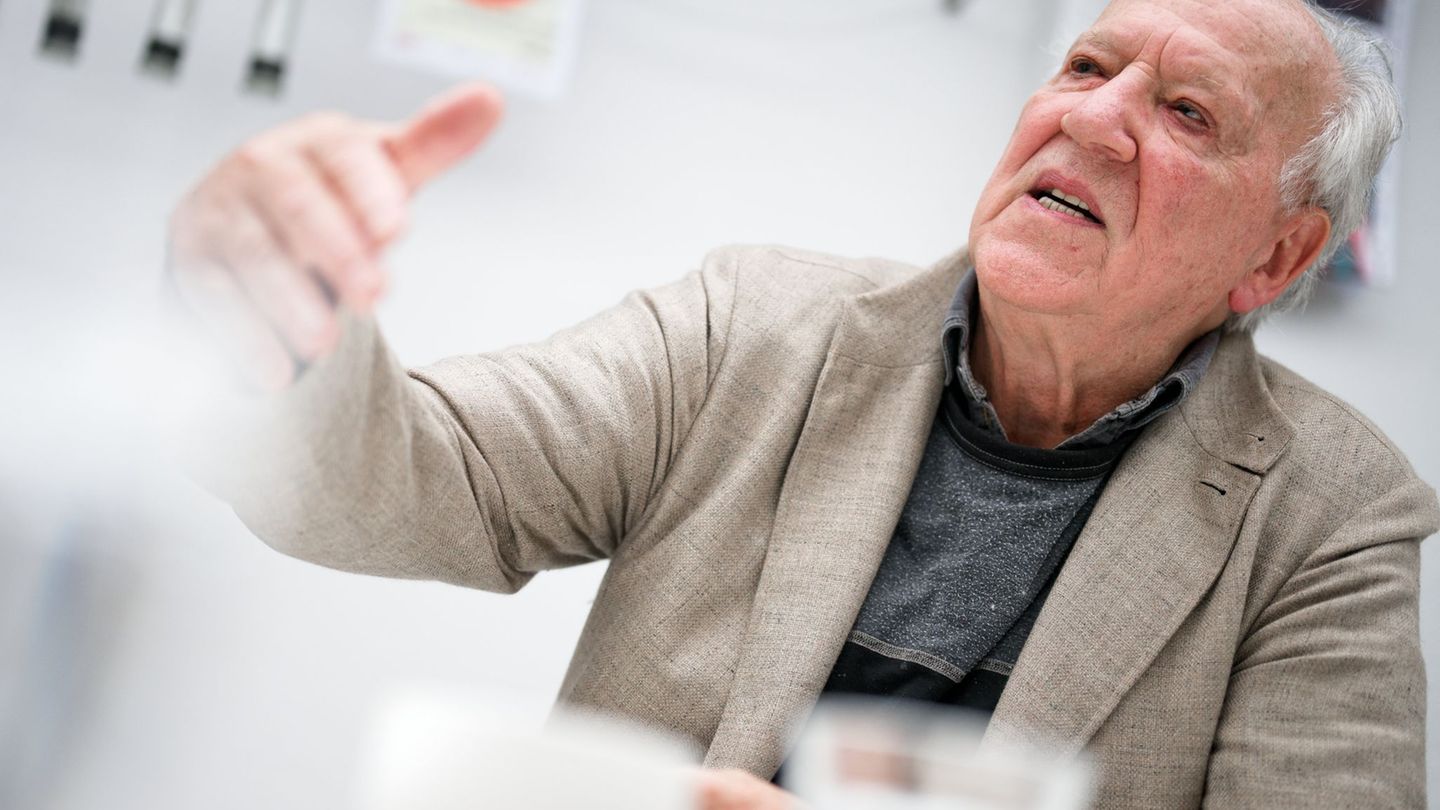Image: ROBERT JAEGER (APA)
The new Director General of the Federal Competition Authority (BWB), Natalie Harsdorf, was appointed in November 2023.Borsh, wants to take more action against companies that abuse their market power. In the past, the BWB had focused more on price fixing and rarely investigated abuse of market power. “We get a lot of input here and I think there are a lot of grievances,” said Harsdorf-Borsh in an interview.
- You might also be interested in: Application for a fine against the Peugeot car brand
Significantly more complex procedures
Proceedings for abuse of market power are a concern to her, “even if these procedures are significantly more complex, also for the competition authority, because when proving abuse of market power I first have to prove that the company has market power within the meaning of the law, then I have to prove the abuse. It is a strong economic analysis and these procedures take significantly longer, even in international comparison. But these behaviors can be very harmful for the economy because they often prevent medium-sized companies from developing in competition,” said the head of the authority.
New competencies for the BWB
The BWB has also been given new competencies for the new year. This means the authority can investigate an industry even if there are indications that tax benefits are not being passed on to consumers. The reason is the tax exemption for photovoltaic systems. From a competition perspective, subsidies should always be examined critically. This was also seen with the electricity price cap, where the state set a benchmark, so to speak, with the 40 cents per kilowatt hour, says Harsdorf-Borsh.
Competition law as a driving force for the location
Austria’s highest antitrust watchdog doesn’t think much of the idea of making mergers easier for companies in the EU so that they can assert themselves as “European champions” against competitors from China. Historically, one can see that the state has failed to choose a champion. “But it also shows that I am not doing companies any good if I remove them from competitive pressure at national or European level. This does not make them more competitive; on the contrary, it is precisely through competition at home that the strength for the international market is created,” explained Harsdorf –Borsh. As the BWB boss explained, modern competition law can be a driving force for the business location. Switzerland did this out of a recession in the 1990s.
40 applications for fines at the cartel court
The authority had submitted over 40 applications for fines to the antitrust court last year, the highest number in the history of the authority and more than twice as high as in 2022. “We really went full throttle when it comes to enforcement,” said Harsdorf-Borsh. According to the Director General, rapid proceedings are particularly important to her, also as a signal that the authority will not stand by for long when companies engage in anti-competitive behavior.
- You might also be interested in: Competition authority stops investigations into pellet industry
Around one in five fine applications in 2023 related to the construction cartel, which is the largest cartel in Austria to date. This will also concern the BWB this year, said Harsdorf-Borsh. At the same time, the investigations into the waste cartel, where companies had agreed on tenders from waste management associations and municipalities, have progressed further and applications for fines are expected over the course of the year. New investigations are also to be expected: in 2023 there were five applications for leniency, more than ever before.
- Also read: Construction cartel: 3.5 million euros fine for Großraminger brothers Haider
The order from HarsdorfBorsh This was preceded by an almost two-year tug-of-war between the governing parties ÖVP and the Greens. However, the Greens had opposed the administrative judge Michael Sachs, who was favored by the ÖVP. HarsdorfBorsh has been interim head of the authority since the retirement of her predecessor Theodor Thanner as his deputy.
“No calls about content work”
When handing over the decree, Economics Minister Martin Kocher (ÖVP), who is responsible for the authority without instructions, “emphasized to me how important an independent competition authority is to him,” said Harsdorf.Borsh. “I don’t get any calls about my work,” said the BWB boss. Under Kocher’s predecessor Margarete Schramböck (ÖVP), the BWB was subject to a reporting requirement; the original draft was weakened after criticism and no longer refers to investigations, such as planned house searches. HarsdorfBorschs The contract runs for five years until October 2028.
more from economics




